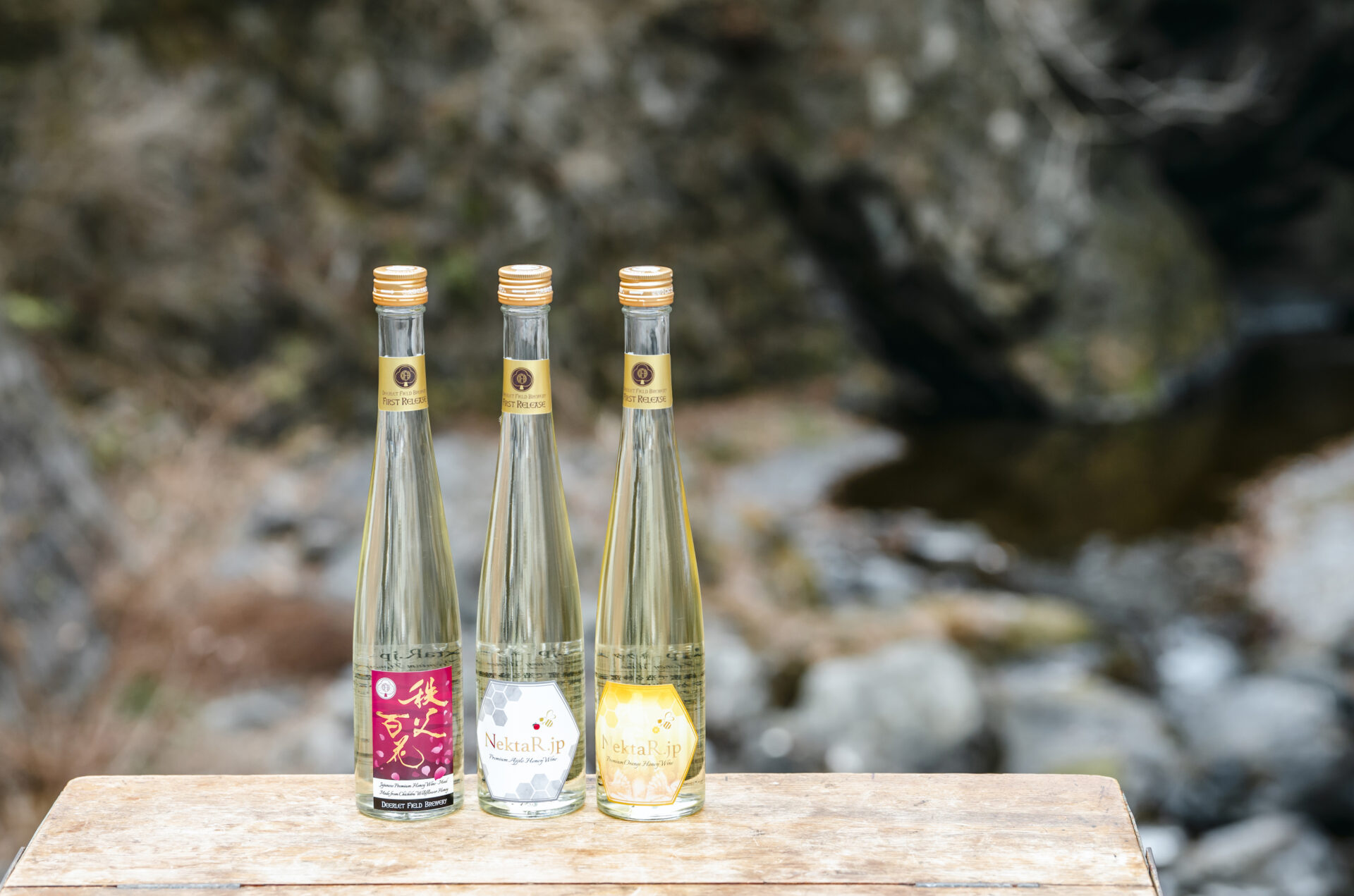Mead is a honey liquor that is made by fermenting honey and yeast. It is said to be the most ancient kind of alcoholic beverage and even mentioned in Greek mythology. Recently, a brewery that specializes in brewing mead opened in Japan. In order to find out what this honey liquor tastes like and experience this ancient drink, we visited Elena Kudo of the Deerlet Field Brewery in Chichibu, Saitama.
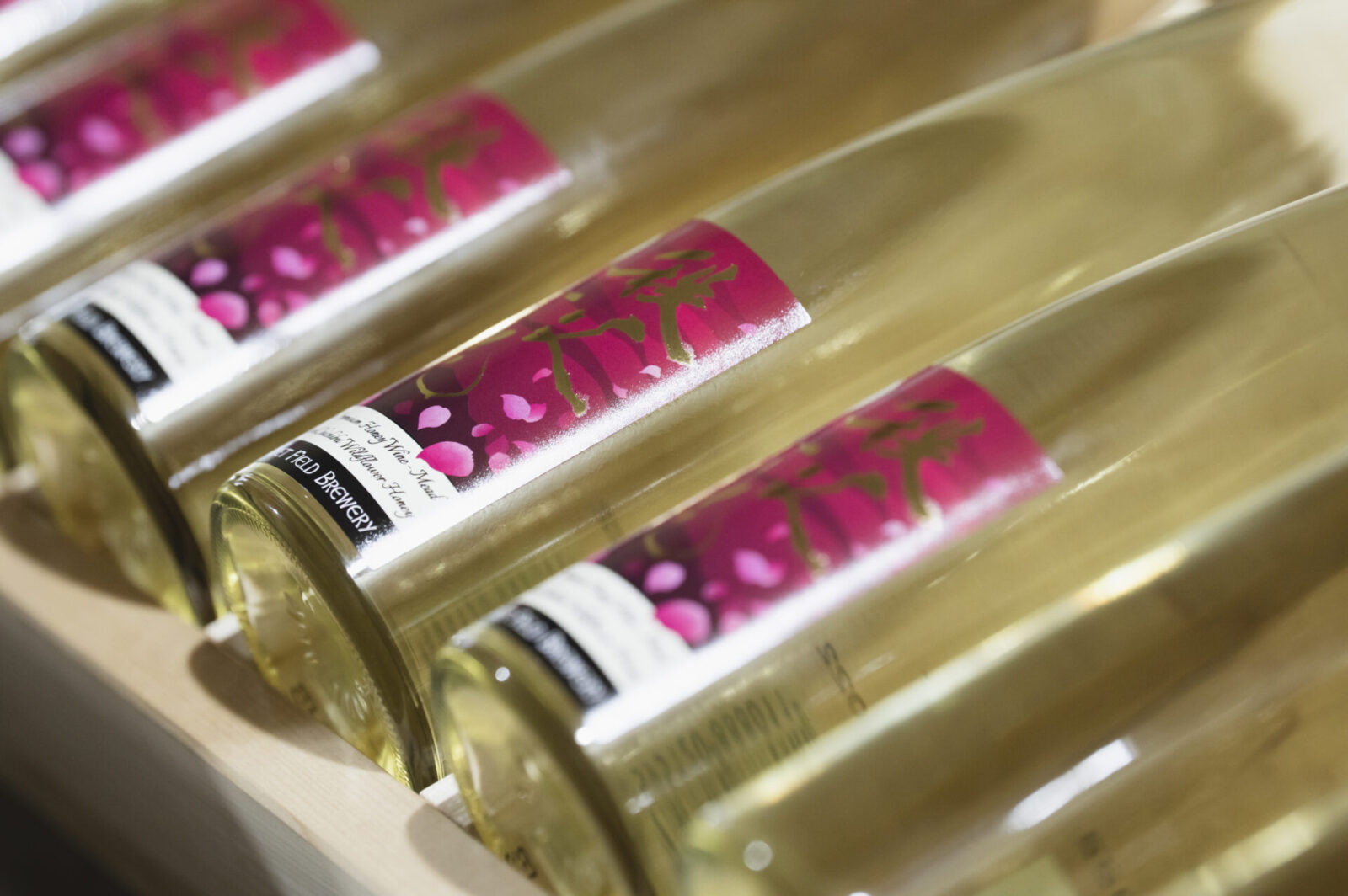
A honey drink enjoyed in ancient times and mythologies
Alcohol is made through the process of yeast breaking down sugars. Natural yeasts exist in all corners of nature. If a bear were to ravage a beehive and some of the honey fell into a water puddle, it is possible that alcohol fermentation would occur in that puddle. This is the most commonly accepted theory on the origin of alcohol.
In other words, the current prevailing theory is that mankind first encountered alcohol over 14 thousand years ago, long before we began agricultural activities.
And one of the oldest alcoholic drinks consumed by mankind is mead.
Mead is a brewed drink that is made by fermenting honey and yeast. The process of brewing is basically the same as other liquors, such as wine, beer and Japanese sake. In place of honey, grapes are used for wine, barley is used for beer and rice is used for sake.
Although it may be an oversimplified description, if you distill wine, you get brandy; if you distill beer, you get whiskey; and if you distill sake, you get shochu. Strictly speaking, one should understand that these processes make something similar to the said products, but this is the rough background of how alcoholic beverages are made and it can be said that mead is at the origin of all these alcoholic drinks.
In fact, mead is a very romantic drink. It was revered in Greek mythology as the “drink of the gods” and was treasured by the Celts as a “drink for immortality.”
In medieval Europe, there was a custom in some regions for newlywed brides to stay indoors for a month after their marriage and make mead at home. It is believed that it was a ritual to pray for fertility, as bees symbolized reproduction because of their prolific nature, but it also makes sense from a nutritional standpoint when you look at the health benefits of honey. This custom is also the origin of the word “honeymoon.”
Although mead has such a long history, in many parts of the world it is recognized as a drink that the elderly drink for their health and it is not necessarily a popular drink among younger populations. Recently, however, a new kind of mead that has a flavor that is similar to wine, is being produced around the world.
In 2021, a mead brewery opened in Chichibu of Saitama Prefecture. The name of the brewery is Deerlet Field Brewery. “Deerlet” means “fawn,” and the Japanese characters for “fawn” and “field” spell out “Ogano,” which is the name of the town where the brewery is located. The brewery is located in the mountains, about a 40 minute drive from downtown Chichibu.

The instigator of the project is Elena Kudo, a Russian with roots in Ukraine. Elena was born in Moscow and came to Japan at the age of four when her father, who is a researcher, was assigned to a position at the University of Aizu in Fukushima Prefecture. She has lived in Japan ever since. Since she has spent most of her life in Japan, she says that she has never really felt like a foreigner here.
Sweet and rich: the flavors on raw, unprocessed mead
During our visit to the brewery, we were allowed to taste the freshly fermented mead right out of the tank. It was the unprocessed mead before it got boiled.
With a sweetness that is similar to hard liquor and a richness that is similar to wine or sake, the indescribable flavor made me gasp with delight. Although the sweet aroma of the honey was still there, the drink was not overly sweet. It felt like my mouth was filled with a sensation of joy. Because it was still in the process of fermentation, I could feel the slight air bubbles on my tongue and it allowed me to experience nature doing its work.
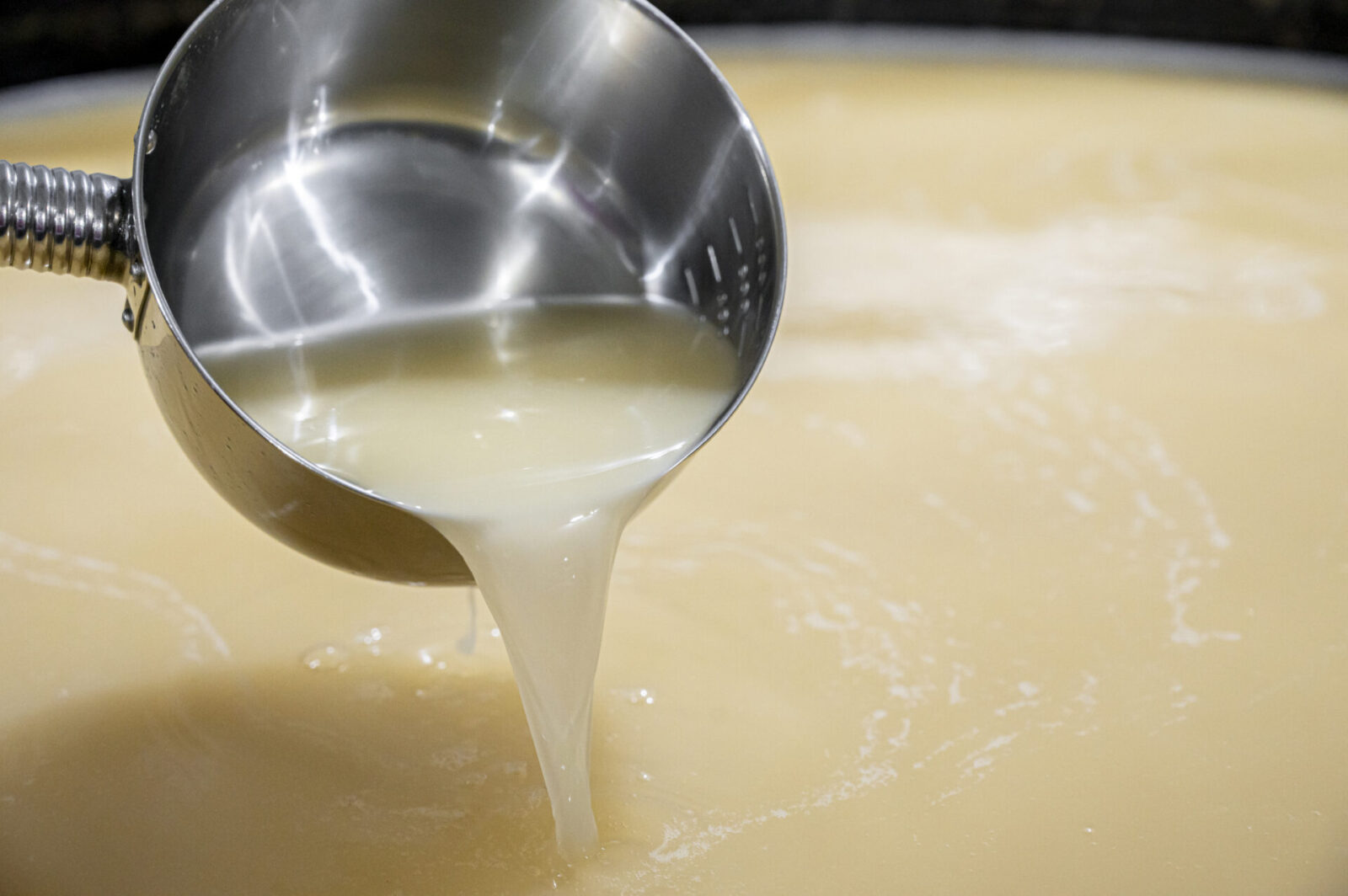
“Isn’t it delicious? In fact, we do not use gas at our brewery. This is intentional. Our boiler is heated entirely by locally sourced firewood.”
“Of course there is the economic benefit of saving on gas money, but since our brewery is located in such a rich natural environment, we wanted to use the natural resources of the Ogano region.”
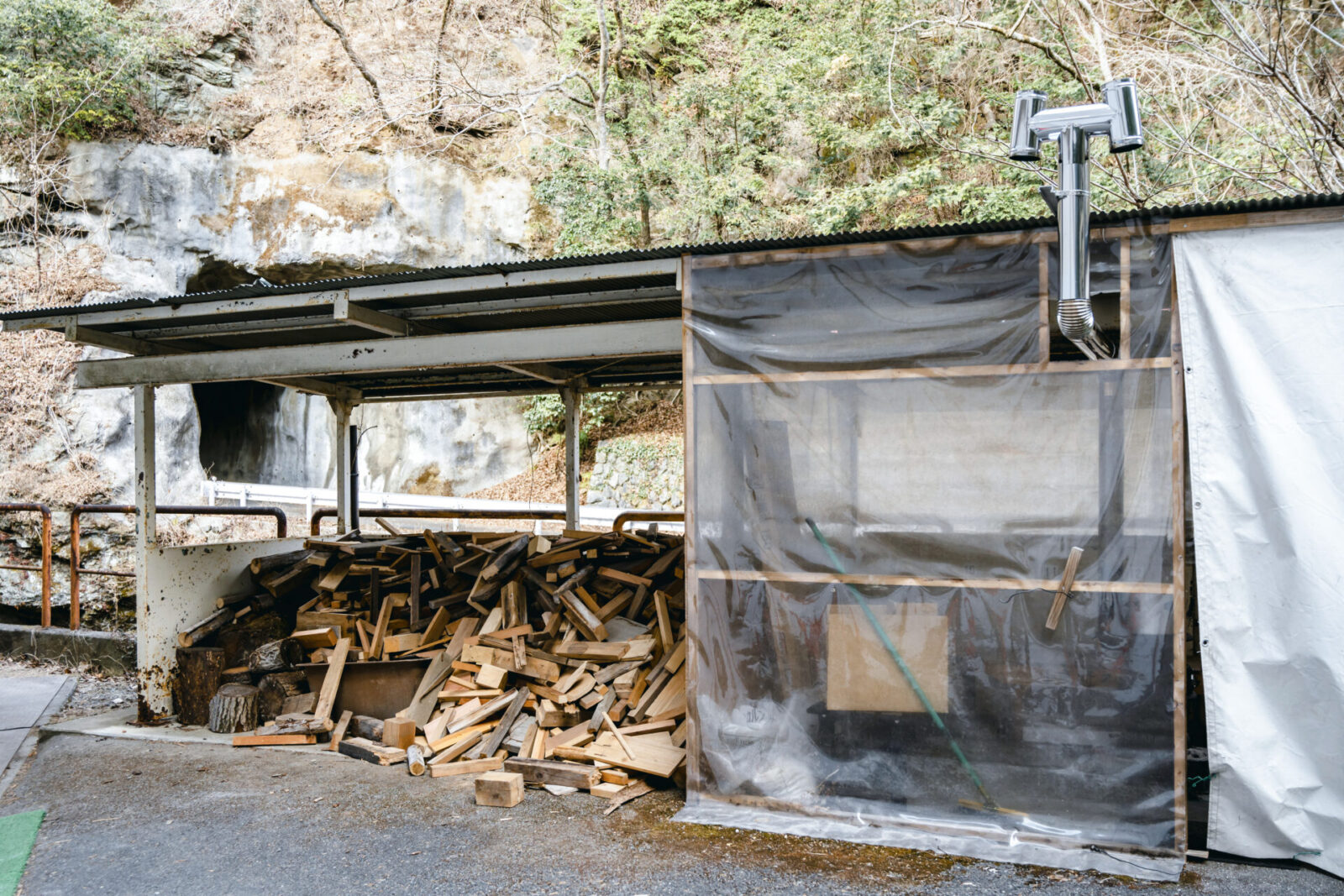
Boiling the raw unprocessed mead will end the fermentation process. It is then filtered and bottled before being distributed into the market. The final product has a more clear flavor.
From the corporate world to university, and then the brewing business
How did Elena end up moving with her family to Chichibu to make mead? We asked her to tell us a bit about her life story.
“I grew up in Aizu until after elementary school when my father’s work moved us to Hachioji, Tokyo. After graduating high school, I didn’t have any particular ambition so I worked as a salesperson for a satellite broadcasting company. While working there, I started to enjoy drinking alcohol and wanted to work in the brewing field. When I was 23, I used my savings to go back to school and study at the Tokyo University of Agriculture.”
At this point, she was interested in all types of alcoholic drinks, whether it be beer or sake. The Department of Fermentation Science at Tokyo University of Agriculture attracts young people who are interested in brewing from all over Japan. Many of the students come from families who run wineries or sake breweries. Elena says, “I knew that if I attended this school, I could create various connections and networks in the industry that would benefit my future goals.” Her insight was quite intuitive.

“Unfortunately, my savings ran out after I paid for the enrollment fee and the first year of tuition, so I had to drop out of the program after the second year. Still, I was able to meet and build connections with a lot of people so I think I was able to fulfill at least a part of my initial goal. Above all, it was during my time at the university that I learned about the existence of mead.”
“I asked the ryokan owner if this “Aizu Mead” was in fact being made in Aizu. She told me that the brewery was nearby so she took me there. It was the first time I tasted mead and it was made with rose nectar honey which had a beautiful flavor. I was instantly captivated by the existence of such a drink.”
Although mead is made from honey, it is much more than just a sweet drink. It has a mellow fragrance and a refreshing sharpness, and most have an alcohol content of about 10 percent. It is a liquor that is relatively easy for anyone to enjoy. Even for Elena, who is a self-proclaimed heavy drinker, she found that mead has a unique charm that is unlike any other alcoholic drink.
After leaving the university, Elena began working at an IT company in the mail-order department with hopes that she will attain more skills to use in her future brewing business. All this time, she kept the idea of mead in the forefront of her mind.
Why brew an ancient drink in the mountains of Chichibu?
While working at her second corporate job, Elena met her current partner, Hiroki. Hiroki runs an IT company, and since Elena was gaining experience in online sales, the two were prepared to start selling mead online by the time they were married.
“By this time, I was already dedicated to producing mead alone. There are over one thousand mead breweries around the world, but there is still no brewery in Japan that specializes in mead made only with honey. Of course, one of my desires was to share this delicious drink to more people, but there was also the excitement of venturing into an untapped market.”
“With the goal of running a brewery in the future, I first obtained a liquor sales license and then asked a sake brewery in Aizu to brew my product on an OEM (original equipment manufacturer) basis. The first mead I made was with apple nectar,and then started exploring with other ingredients that I thought would make good mead, such as orange and lychee flowers, and started making commercial products from there.”

Soon after, Elena quit her corporate job and began focusing on her mead business at Hiroki’s company. Their online sales were good and was able to get direct feedback from her customers whenever she opened pop-up stores.
Eventually, she became confident in the outlook of their mead business and made the decision to start her own brewery.
“When I talked to my husband about it, he told me, ‘We will need to get a loan for that. If we are going to borrow money, would you rather use it to build our home or build a brewery?’ Right away, I answered that I want to build a brewery.”
After that discussion, they began planning their brewery business. The reason they chose Chichibu was because of its easy access to Tokyo and the quality of local ingredients and water.
“Chichibu is known not only for making Japanese sake and wine, but there are also beer, shochu and whiskey breweries here. I believed that the addition of the first brewery to specialize in mead in Japan would be an exciting prospect for this region.”
The local government was very cooperative once they understood Elena and her husband’s business plans and they helped them look for possible properties for their brewery. Eventually, they found an abandoned school building in the town of Ogano which was exactly what they were looking for.
The natural environment that bolsters mead making
The Deerlet Field Brewery is now running in the gymnasium building of the former Ogano Kurao Junior High School. Strictly speaking, they renovated the parking area of the first floor of the building, and the second floor of the building still functions as a gymnasium. Although the main school building has already been demolished, the stone monument inscribed with the school’s song still remains on the premises and acts as a reminder of the past.
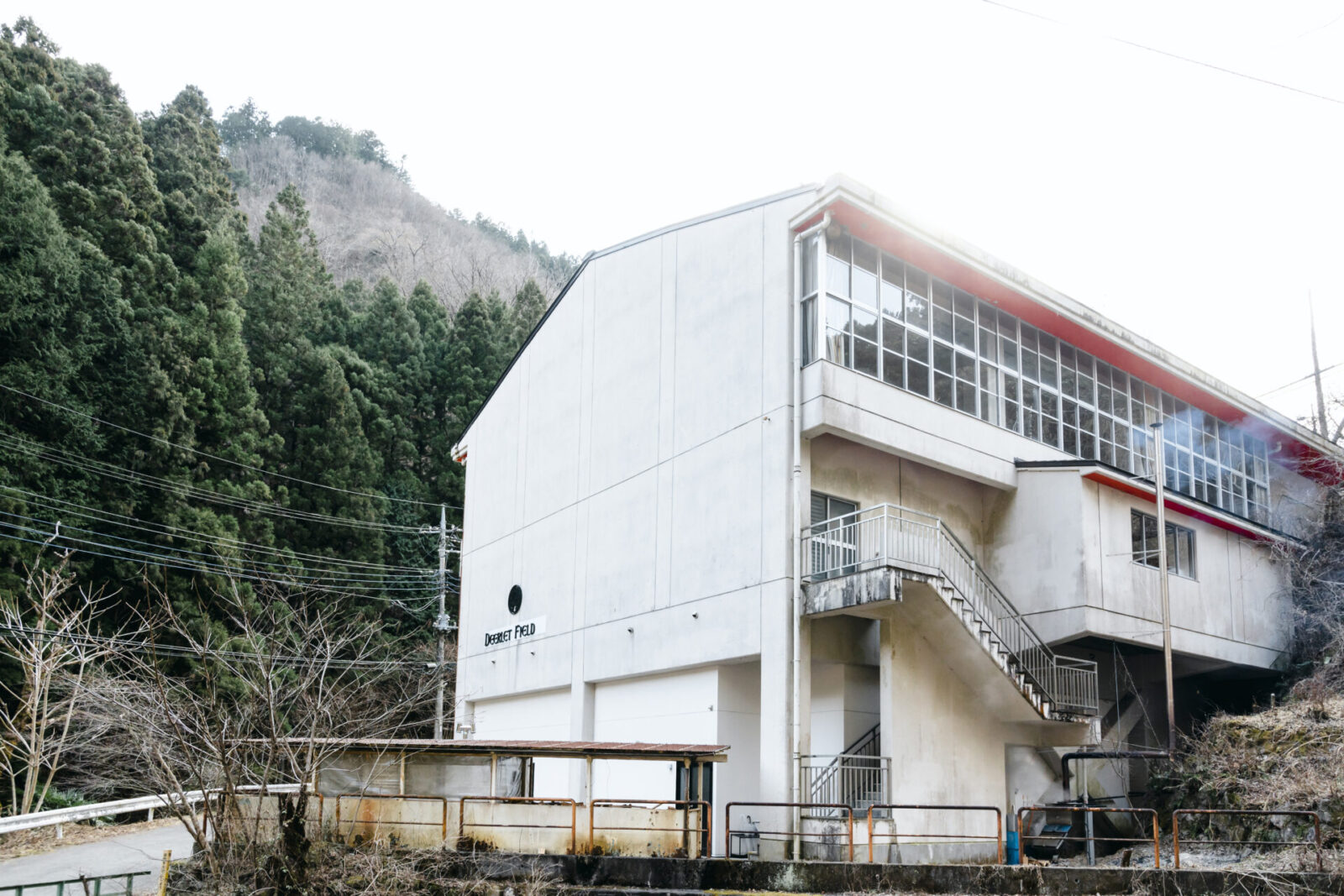
The location is ideal for brewing as it is surrounded by rich natural forests and the Fujikura River flows nearby. The Bishamonsui spring water, which can be found nearby, was chosen as one of the 100 highest quality spring waters of the Heisei Era. From the lush forests, the Japanese serow occasionally makes an appearance.
Contrary to the quaint environment, however, Elena became very busy after they moved to Chichibu.
“We moved to Chichibu as a family in 2019. Immediately after we moved, we started construction on the brewery. I had no experience or knowledge on construction work, but I made all the necessary arrangements for the electric and plumping and procured the equipment needed for brewing at the same time. Once most of the work was done, I went to the tax offices and fire department to get the approval to open the business. On top of all of this, I had my second child. It was a very busy and hectic time for me.”
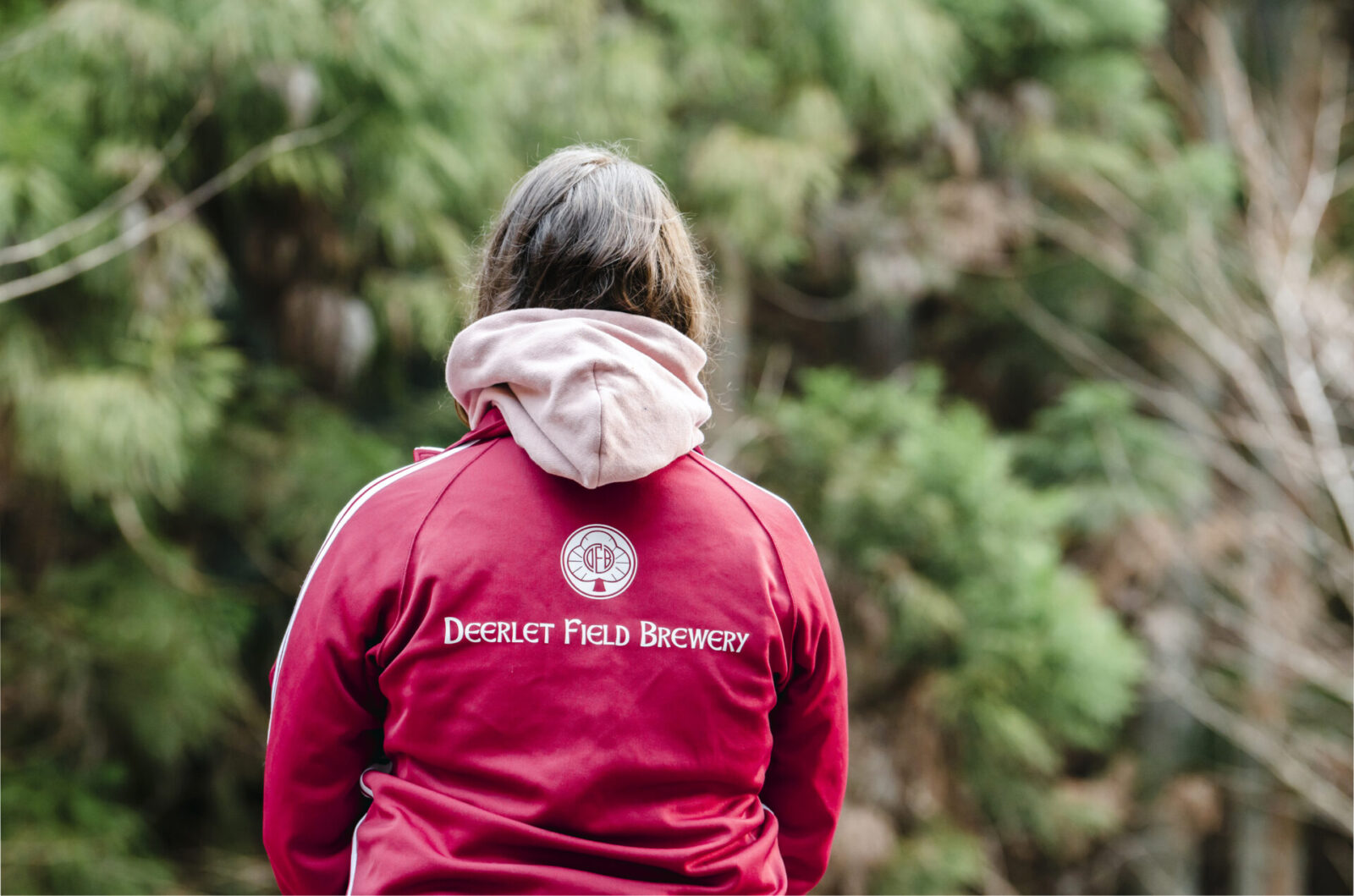
Elena says that, compared to those early days, her life is now more relaxed and she is able to focus on brewing mead.
“We have a local nanny help us take care of the children. Now that I am finally able to do what I have always wanted, it would be bad karma to say that the work is hard. Thankfully, we are living in such a beautiful region. I enjoy taking an hour or two everyday to walk around the neighborhood on my way to work. It provides me with a nice way to recharge.”
Taking time to walk, breathe in the fresh air and slowly enjoy the passage of time. As the scenery changes everyday with the weather and time of day, one can feel the changing seasons through the flowers blooming in the nearby fields.
When Elena runs into a local farmer, her friendly and talkative nature allows her to quickly become friends with them. “Everything here is nourishing and enriching to my body and soul,” Elena says.
In late November 2021, the Deerlet Field Brewery shipped out their first batch of mead.
Inspiring communication with mead
Whether it be mead or any other alcohol, brewing involves very heavy physical labor. On top of that, the process relies heavily on yeast, which is a microorganism and things do not always go according to plan, so brewing can be very challenging.
Regardless, Elena seems to thoroughly enjoy the whole process of brewing, cleaning, bottling, labeling and shipping her product.
“I know alcohol made by others is delicious, but now I find that, no matter how tired I am, I can make a toast with a drink I brewed myself and that makes me so happy. I work in a beautiful region and I can go home to enjoy the best drink at night. It helps blow away any little stress left inside me.”
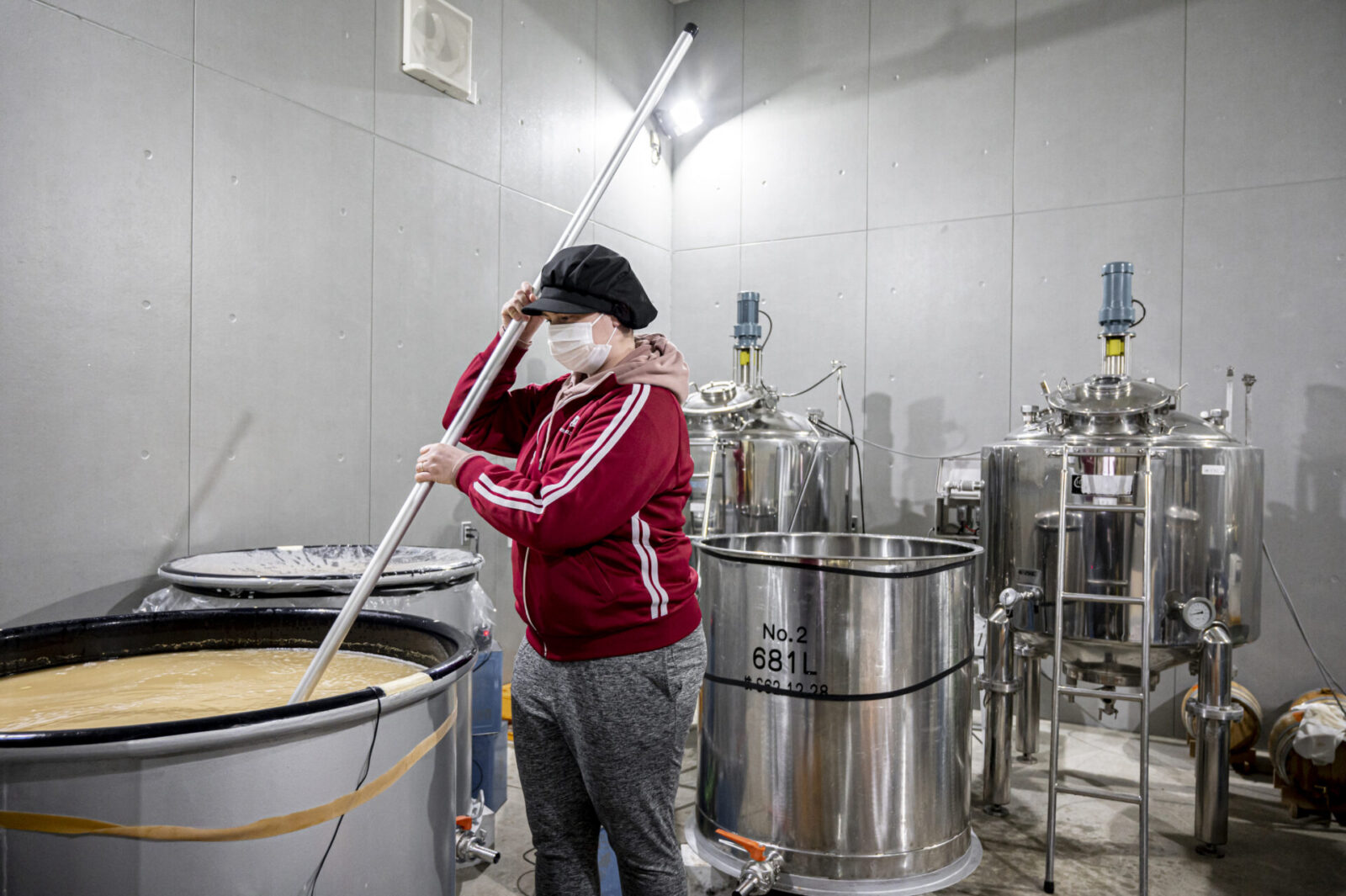
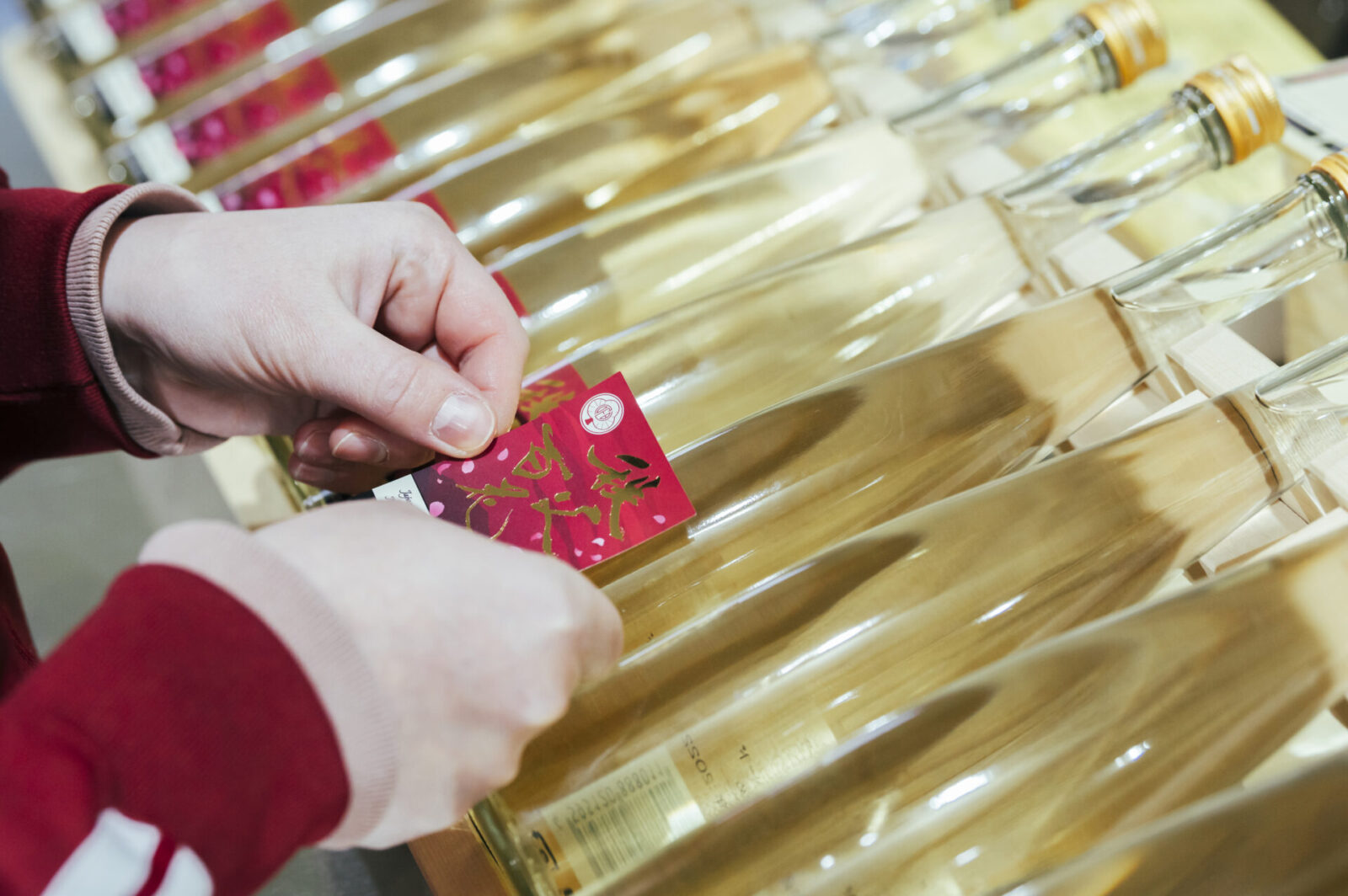
Thanks to Elena’s appearance in various media outlets, the Deerlet Field Brewery has enjoyed a strong and promising start. Their product has become a favorite among the locals and many people have bought their product as a gift for special occasions such as weddings, housewarming gifts and more.
Elena smiles as she says that simply imagining how her product is creating moments of joy for her customers makes her happy.
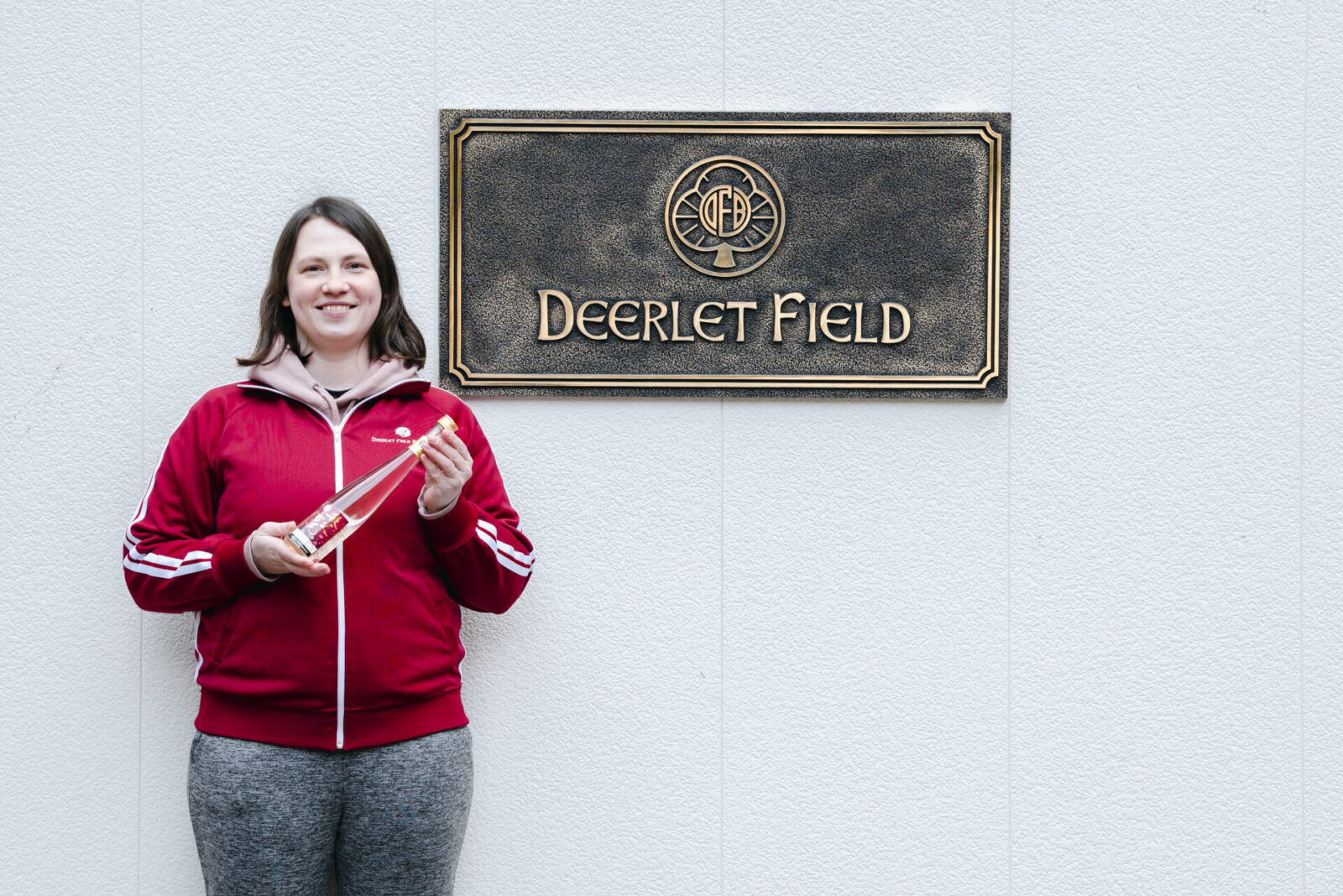
“I have an outgoing personality so I find that alcoholic drinks are a natural part of communication with others. I want to hear the feedback on my mead products and requests from my customers so I hope to create more opportunities to communicate with them in the future.”
As one way to connect with her customers, they opened a satellite store called “Chichibu Reiwa Shokai” near the Seibu Chichibu train station. The shop has a selection of rare whiskey and mead products and it has become a gathering spot for many regulars on the weekends.
“I hope to utilize these spaces and get feedback from a lot of people so I can keep improving my products. My ideal would be to become a brewer that develops products with my customers. We plan to offer organized tours and hands-on brewing experiences at the brewery in the future.”
Their vision for the future now is to make mead a local staple of Chichibu.
The moments created through the mellow honey flavored drink will surely connect people and enrich their time. We look forward to what the future holds for the Deerlet Field Brewery.
Photo:Miharu Saito
Translation:Sophia Swanson
フリーライター・編集者。主にルポルタージュを中心に、雑誌やWEBメディアなどに寄稿中。主な著書に『日本クラフトビール紀行』、『物語で知る日本酒と酒蔵』(共にイースト・プレス)、『作家になる技術』(扶桑社文庫)、『一度は行きたい「戦争遺跡」』(PHP文庫)ほか多数。また、東京都内でバーを経営するほか、プロボクサーライセンスを持つボクシングマニアでもある。
Yuko Souma is the director of Delightful LLC and was born in 1976 in Chichibu City, Saitama Prefecture. Souma began their career working as an assistant to editor and writers at a production company while studying at Waseda University’s Faculty of Letters, Arts and Sciences. In 2004, Souma was an editor and member of the launch team for the free magazine R25 at Recruit Co., Ltd. They left that role in 2010 and has since produced and edited for magazines, books, online publications, booklets for corporations and municipal governments, and owned media.
